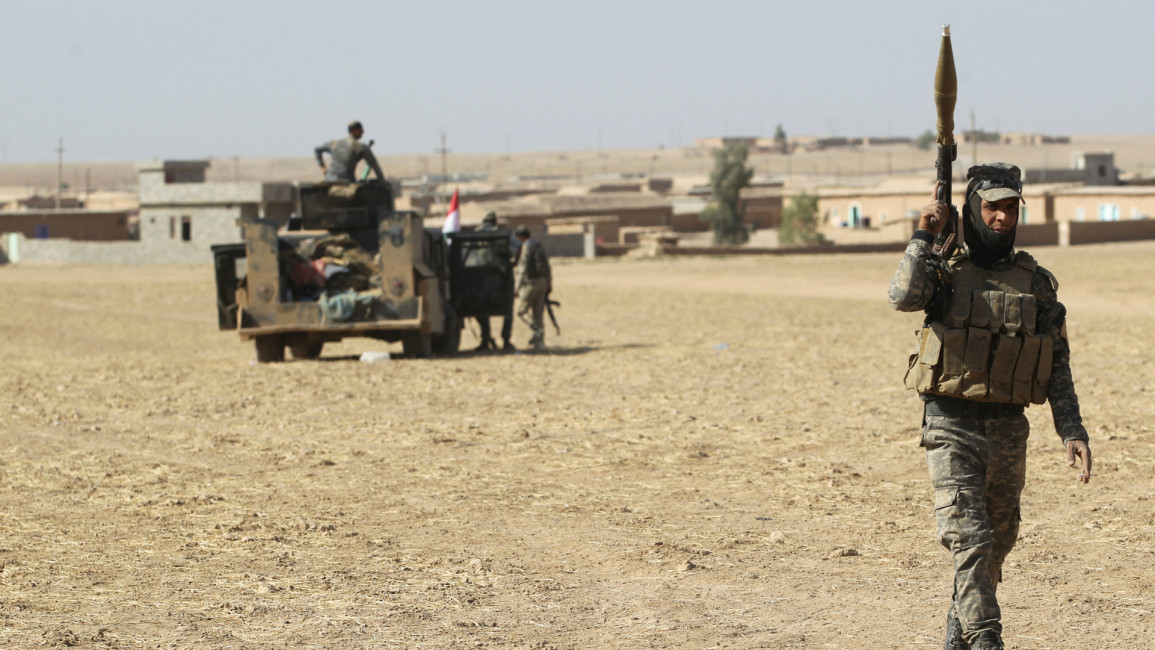Turkish war planes will 'play a role' in Mosul
It comes as tensions between Ankara and Iraqi and Kurdish Peshmerga forces on the ground continue, with Baghdad fearing a land grab by Turkey.
But on Tuesday, Turkey's Defence Minister Fikri Isik said that Ankara had agreed a deal with its coalition partners stating that "without Turkey" it was "impossible to make decisions on the future of Mosul".
A days earlier, Prime Minister Binali Yildrim said that the Turkish air force had already taken part in coalition operations in Mosul without disclosing details.
The long-awaited Mosul offensive against the IS began on Monday after months of preparation. More than 15 countries are said to be logistically involved in the operation in various forms, but Kurdish Peshmerga have been leading the offensive so far.
However, Turkey has insisted that it should also play a role in the operation, and said it should be there to protect Sunni Arabs and Turkmen in Mosul from possible retaliation from offensive parties.
There are nearly 700 Turkish soldiers stationed at the nearby Bashiqa military base in northern Iraq, which has caused a diplomatic row with Baghdad.
Iraq's Prime Minister Haider al-Abadi has notably called on Turkish forces to stay away from Mosul. "We will liberate our land through the determination of our men and not by video calls," a said, in a clear attempt to mock an infamous video call the Turkish president made during the failed 15 July coup attempt.
Leaders from some of Iraq's most powerful Shia militias such as the Badr Brigades have also expressed objections.
Shia cleric Moqtada al-Sadr urged his supporters to protest outside the Turkish embassy in Baghdad.
Turkey has drawn on its Ottoman legacy in Iraq as justification for its desire to be involved in operations in Mosul.
However, Ankara has also expressed concern for the fate of Sunni civilians trapped inside Mosul if Shia militias - accused of retributive attacks on Sunni families during the liberation of Fallujah in July - take part in Mosul.
Such concerns have also been voiced by other international actors including the UK.
Aid agencies including Save the Children have criticised military preparations for Mosul, saying that a lack of thought has gone into the the potential humanitarian fallout the assault could cause.
With more than 1 million people believed to be in Mosul and its surrounding environs the UN has warned that current events in Mosul could catalyse the world’s largest humanitarian crisis in 2016.



